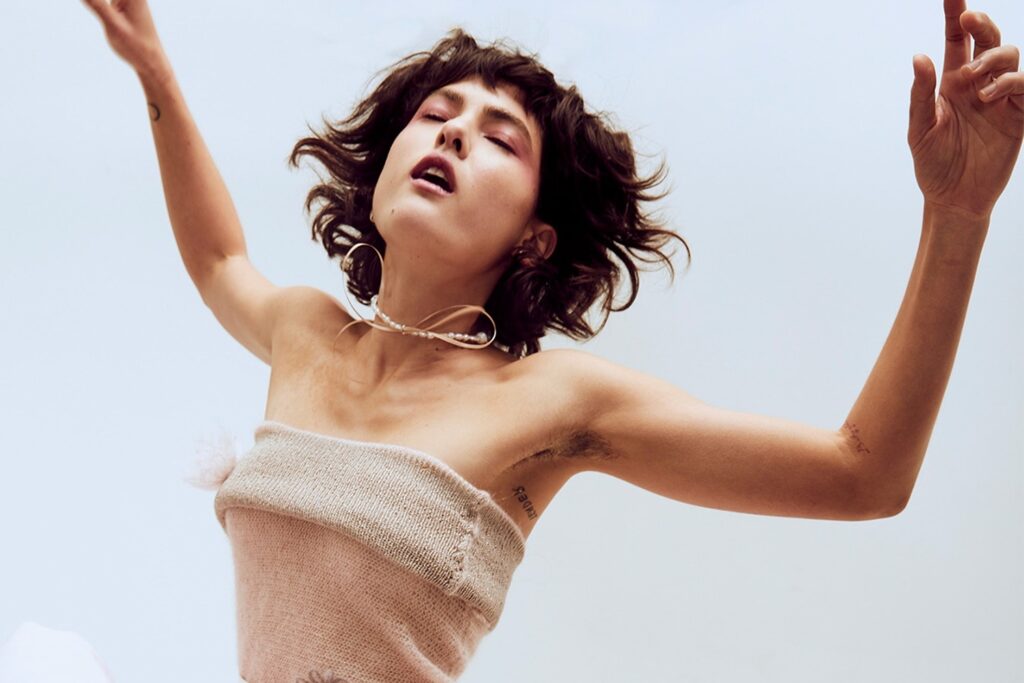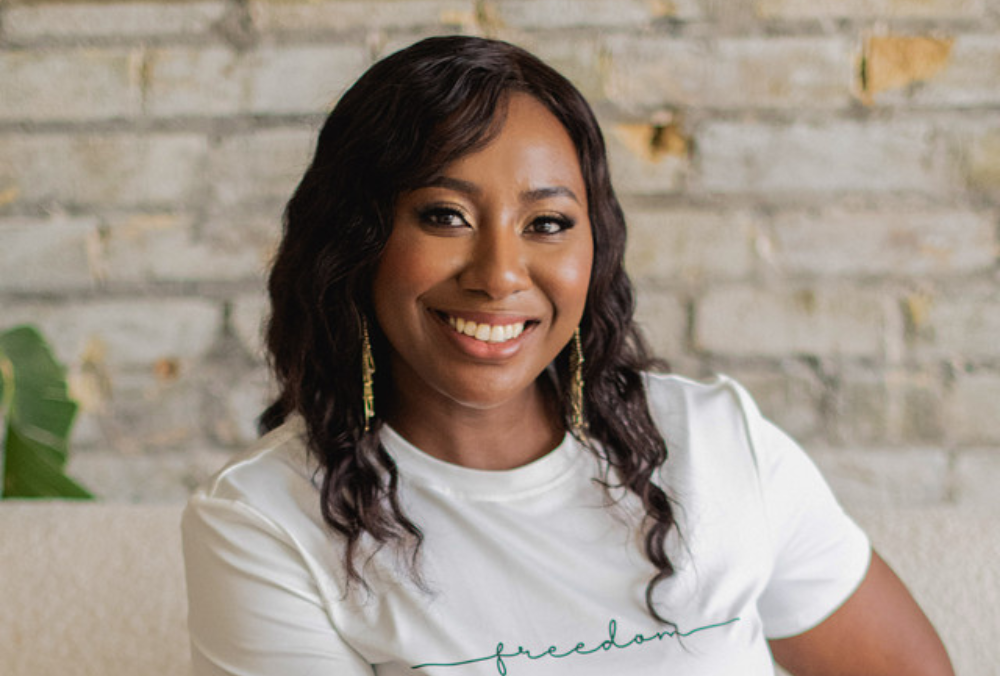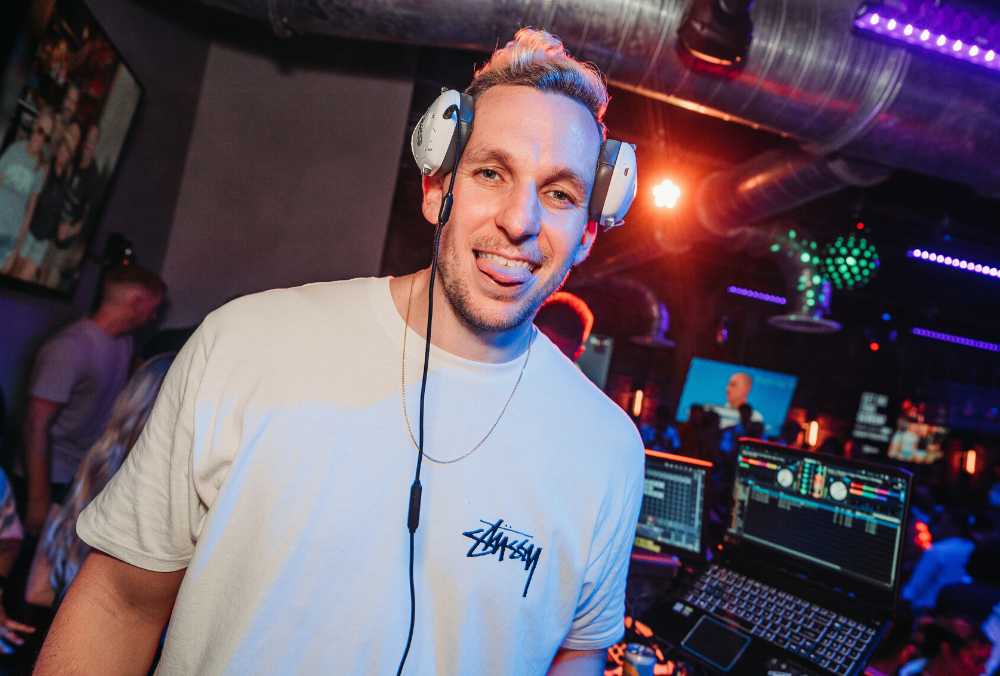
Miya Folick Shares Insights From Her New Emotional Album
If Miya Folick had asked a few years ago whether she considered music to be healing, her answer would have been a firm no. “I don’t really feel like music is therapy,” she once believed. “I feel like therapy is therapy, and music is music.”
But things have changed. The Los Angeles-based singer, songwriter, and producer now admits her latest release, “Erotica Veronica,” has changed it. Known for her haunting voice, she dropped the emotional release in February.

“The songs are so honest, and I’m saying things in them that are kind of scary to say out loud,” she says over Zoom. “Once those songs are out in the world, it does kind of force me to be like, ‘Okay, I have to honor that truth now.'”
Miya Folick and New Era In Music
At 35, Folick is entering a bold new era, as she says, both sonically and spiritually. Where previous records leaned into a polished, indie pop, “Erotica Veronica” marks a turn toward something grittier. Acoustic guitars, punchy drums, and warm instrumentation create space for her confessional lyricism. Thus, to breathe a new sound.
So, take “La Da Da,” a deceptively breezy track that balances levity with inner conflict. “Got a woman on my mind now and a man waiting for me at home,” she sings before an effervescent guitar riff lifts her.
That tension—between candor and craft, freedom and fear—is central to the album. “I see other artists who are very, very good at staying in their lane,” she says. “And so what I think to myself is, ‘I don’t need to be that kind of artist.'”
It’s a philosophy that pulses through “Hate Me,” a truly standout track. It doubles as a manifesto for the restless heart. “If there’s water in the cup, you’ve gotta pour it out; I hate being contained,” she sings. Then she soars into the chorus, she lays bare a wish for inner steadiness. “I wish that I were more like somebody steady, instead of walking out the door.”
That yearning for connection—however messy or contradictory—shapes her plans for the album’s live tour, where Folick hopes to foster something more intimate than just a night of music. “I think what I’m really excited about is to just… talk to people, see how people are feeling,” she says, punctuating her words with a modest laugh. “I really just want [the shows] to feel more like a communal experience.”
It’s a fitting goal for an artist who’s learning that telling your truth, no matter how uncomfortable, can be a kind of healing after all.



